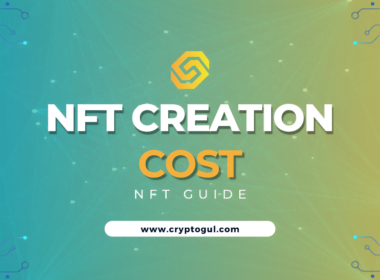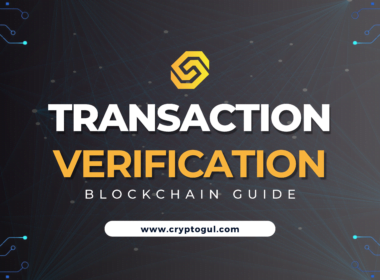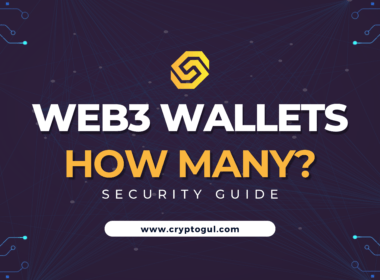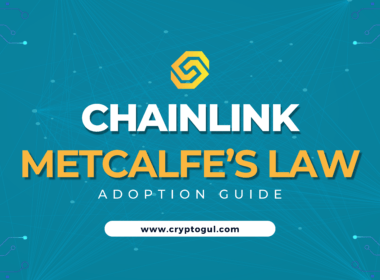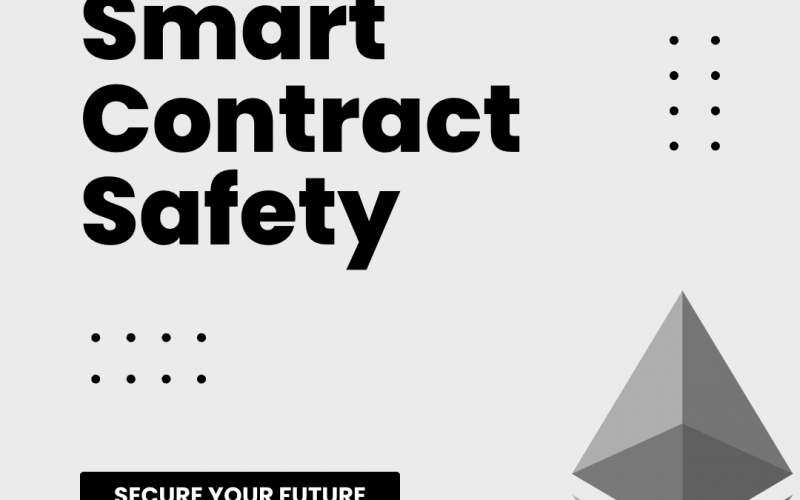As the decentralized finance (DeFi) sector in the realm of web3 continues to evolve and expand, smart contracts play a vital role in the functioning of this ecosystem.
These self-executing computer programs automate financial transactions, making them both transparent and secure.
But, as with all things, smart contracts are not immune to faults and it’s imperative for individuals to understand the potential perils involved.
Now, do not fret.
It may sound scary, but once you are educated on avoiding the risks, then staying safe in web3 is easy.

The Essentials of Smart Contracts
A smart contract can be defined as a computer program that, when specific conditions are met, automatically executes the terms of an agreement.
In the DeFi space, smart contracts are utilized to automate financial transactions such as loans, trades, and payments.
They offer numerous advantages, including increased automation and transparency, which reduces the likelihood of human error and manipulation.
Smart Contract Vulnerabilities: A Reality Check
However, despite their benefits, smart contracts are vulnerable to exploitation.
One of the most common risks is smart contract exploits, which occur when malicious actors find weaknesses in the code and exploit them for their gain.
Another risk involves coding errors, which can lead to unintended consequences and even financial loss.
There have been several high-profile examples of smart contract hacks in the past, such as the DAO hack in 2016 which resulted in millions of dollars being lost, and the bZx exploit in 2020, which caused significant losses for investors.
Red Flags to Look Out For
As you navigate the world of smart contracts in web3, it’s crucial to keep an eye out for red flags that indicate potential dangers. Some of these red flags include:
- Lack of transparency: If a smart contract isn’t transparent and open-source, it can be challenging to determine its true purpose and potential risks.
- Poor coding practices: Poorly written code can increase the likelihood of exploits and vulnerabilities. It’s essential to evaluate the quality of the code and ensure that it’s been properly audited.
- Absence of auditing and security measures: The lack of auditing and security measures increases the risk of exploitation and financial loss.
- The reputation of the developers: The reputation of the developers is crucial as it can indicate the quality of their work and their commitment to security and transparency.
Best Practices for Evaluating Smart Contracts
To protect your investments and minimize the risk of loss, it’s essential to follow best practices when evaluating smart contracts in web3. Some of these best practices include:
- Checking for security audits: Security audits help to identify potential vulnerabilities and ensure the security of the code.
- Reviewing the code: Reviewing the code can help you to understand the purpose of the smart contract and potential risks involved.
- Checking the reputation of the developers: Checking the reputation of the developers can help you determine the quality of their work and their commitment to security and transparency.
- Using secure wallets: When interacting with smart contracts, it’s essential to use a secure wallet to protect your assets.
- Avoiding phishing scams: Phishing scams are prevalent in the DeFi ecosystem, and it’s essential to exercise caution and avoid clicking on suspicious links.
Wrapping Up
Smart contracts in web3 offer many benefits, but they also come with their own set of risks.
To ensure the safety of your investments, it’s critical to understand the potential vulnerabilities and red flags when evaluating smart contracts.
By following best practices, staying informed, and seeking multiple sources of information, you can minimize the risk of financial loss and take advantage of the exciting opportunities in the DeFi ecosystem.
Additional Resources
For further information on smart contracts and the DeFi ecosystem, consider checking out the following resources:
- Cryptocurrency Research Portals: Comprehensive resources for information on cryptocurrencies, including in-depth analysis of smart contract protocols and projects.
- ConsenSys: A leading blockchain software company that provides a range of resources, including articles and webinars, on smart contracts and the DeFi ecosystem.
- DeFi Alliance: A community-driven initiative that provides information and resources on decentralized finance, including a list of recommended protocols and platforms.
It is always wise to stay informed and take a proactive approach to security when it comes to your investments. It is never a bad idea to conduct your own research, and seek out multiple sources of information before making any investment decisions.
By doing so, you can help ensure the safety of your investments and maximize the opportunities presented in the DeFi world.
In conclusion, while smart contracts have the potential to revolutionize the financial sector, it’s essential to be aware of the potential risks and take proactive measures to minimize them.
By staying informed, evaluating smart contracts thoroughly, and following best practices, you can ensure the security of your investments and fully participate in the exciting world of web3 and DeFi.


